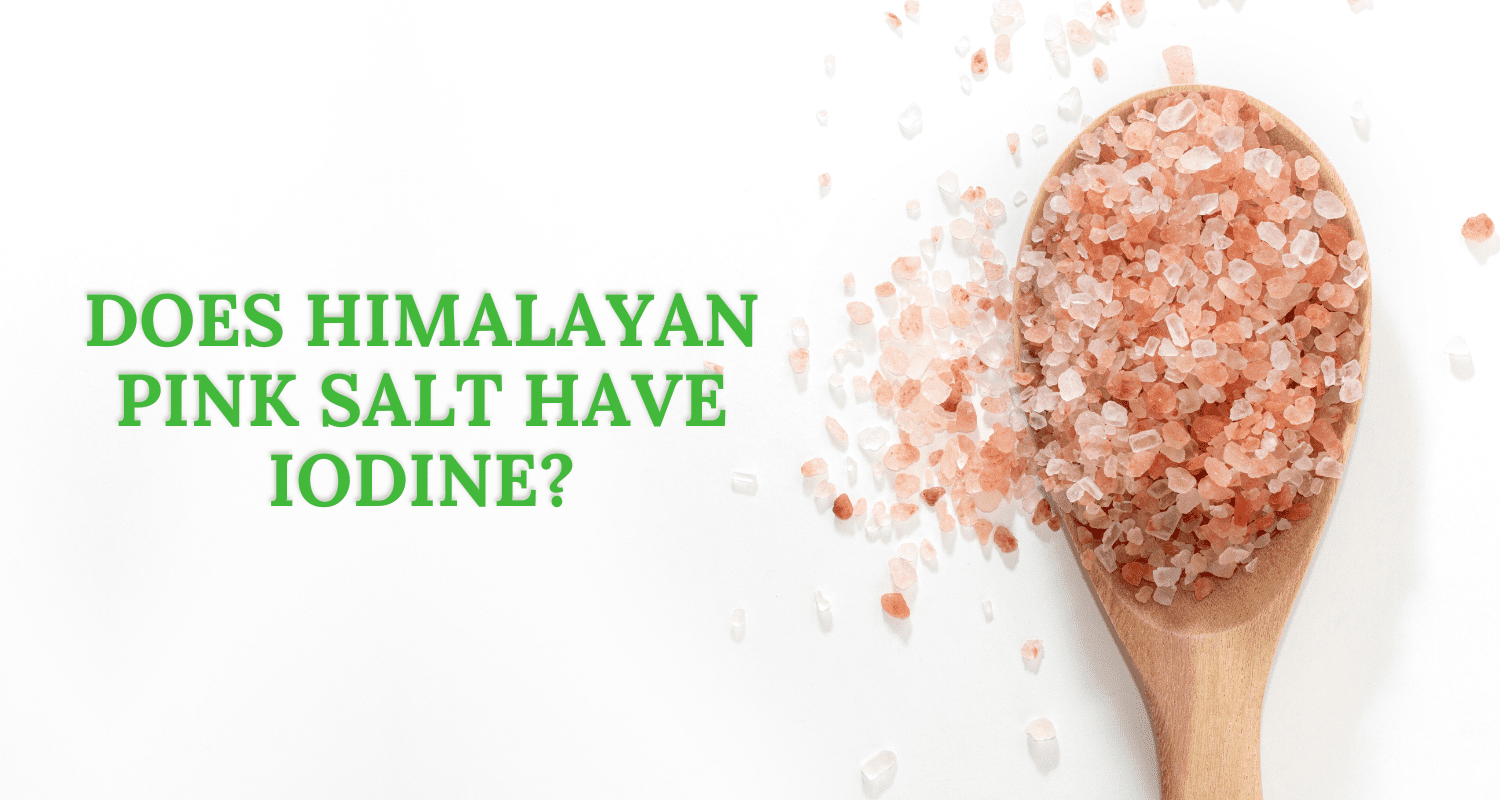Rice is a key food for more than 3.5 billion people worldwide. There are over 120,000 types of rice, showing it’s not just any food that leads to weight gain.
So, does cutting out rice help you lose weight? It turns out it’s not that black and white. This article dives into how rice, serving sizes, and the kind of rice you choose can affect your weight and health and will also explore the truth about does rice make you gain weight.
Rice is packed with nutrients like carbs, proteins, and vitamins. But, whether rice can make you gain weight depends on the type of rice, how you cook it, and how much you eat. Rice alone isn’t the bad guy in weight gain. The real secret is including rice as part of a healthy eating plan.
Let’s delve into does rice make you gain weight.
Key Takeaways
- Rice is a staple food for over half the world’s population, with over 120,000 varieties available.
- Does rice make you gain weight? The relationship between rice and weight gain is complex and depends on factors like portion size, rice type, and overall diet.
- Whole grain rice varieties like brown rice are generally more nutrient-dense and may have a lower impact on blood sugar levels compared to refined white rice.
- Practicing portion control and pairing rice with a variety of vegetables, lean proteins, and healthy fats can help maintain a balanced diet.
- Rice can be a part of a healthy lifestyle when consumed in appropriate amounts and as part of a diverse, nutrient-rich diet.
Introduction
Rice feeds more than half of the world’s people, making it key in many cultures. It comes in various types, each with its own traits and nutrition.
Rice as a Staple Food
In places like Asia, rice is a must-have at almost every meal. It’s part of everyday life and special occasions.
Varieties of Rice
Rice options include long-grain, short-grain, white, and brown rice. These are different in size, milling, starch, and taste.
Nutrition in Rice
Rice is packed with nutrients like carbs, proteins, and minerals. The nutrition can differ based on how it’s processed and its variety.
Does Rice Make You Gain Weight?
Rice is rich in carbs but does it cause weight gain? Well, the clear answer is no. Research shows that no single type of food really makes you gain weight. But, too many calories, from rice or any source, can add up to weight gain.
Calorie and Nutrient Content of Rice
What makes rice healthy varies by type. Generally, brown rice is more nutritious than white. It contains the entire grain, which is high in fiber and vitamins. This nutrition difference affects its role in weight gain.
Impact of Rice on Weight Gain
Now, is rice in itself a bad thing? Not necessarily. If you eat it in a balanced way, it might not affect your weight. Choosing the right rice type, cooking method, and overall diet is key.
Brown Rice vs. White Rice
The choice between brown rice and white rice is a well-known subject. Brown rice is whole grain and healthier than white rice, which is refined. It’s been a top pick for those focusing on health.
Nutritional Differences
When we talk about nutrition, brown rice and white rice are not the same. Brown rice keeps the bran, germ, and endosperm. This means it has more fiber, vitamins, and minerals than white rice. Brown rice is nutrient-dense and offers more essential nutrients.
Fiber Content and Weight Management
The extra fiber content in brown rice does wonders for weight management. A study showed that eating brown rice helps with weight loss more than white rice. This is because it keeps you full longer and is harder to digest.
Glycemic Index
Considering the glycemic index is crucial in choosing rice. White rice is a high-glycemic food. It spikes blood sugar levels quickly, which can lead to more insulin production and weight gain. On the other hand, brown rice has a low glycemic index. It raises blood sugar slowly, which helps keep it under control.
Other Rice Varieties
Besides white and brown rice, you can find many other rice types. For example, there’s parboiled rice, basmati rice, jasmine rice, and black rice. Each one offers special benefits and tastes.
Parboiled Rice
Parboiled rice is different from white rice. It’s firmer, chewier, and yellow. This is because it’s steam-treated.
This method also boosts the rice’s nutrition. It has more resistant starch. This lets it help your gut health.
Basmati Rice
Basmati rice stands out for its smell and shape. It’s common in meals from the Middle East and South Asia. You can get it as white or brown rice.
The brown type is richer in fiber, iron, and B vitamins. This makes it a healthy choice.
Jasmine Rice
Jasmine rice is well-known for its fragrance. It’s a favorite in Thai and Vietnamese dishes. Like basmati rice, it comes in white or brown.
Choosing brown jasmine rice brings extra health perks to your plate.
Black Rice
Black rice is a unique, whole grain kind. It has a deep purple hue. It’s packed with antioxidants just like blueberries are.
This makes black rice a great choice for nutritious eating.
Understanding the Relationship Between Rice and Weight Gain
Rice itself doesn’t lead to weight gain right away. But if you eat too much rice or any food, you might gain weight. Eating more calories than your body uses is the main reason for gaining weight. It’s important to watch your portion sizes and eat a varied diet.
Portion Control
Eating the right amount of rice, along with vegetables and proteins, is a good plan. This way, you keep your meal well-balanced and tasty. Remembering to control your rice portion sizes is part of staying at a healthy weight.
Balancing Your Diet
Adding rice to a diet with many different healthy foods is the way to go. This mix can improve your health and help you with weight control. Make sure to include a mix of vegetables, proteins, and healthy fats with your rice.
Incorporating Rice into a Healthy Diet
Rice is a key part of a healthy meal. The 2020-2025 Dietary Guidelines for Americans suggest getting most of your grains from whole grains, like brown rice. To make sure rice is part of a nutrient-rich dish, use the Plate Method along with mindful eating.
Whole Grains and Dietary Guidelines
The guidelines say half of your grains should be whole grains. Brown rice is a whole grain that is rich in fiber, vitamins, and minerals. Choosing brown rice is a healthier option than choosing refined grains.
Mindful Eating
With mindful eating, you focus on the taste and texture of the food. Being mindful with rice helps control your portion sizes. It ensures that your meal with rice is balanced and satisfying.
The Plate Method
The Plate Method helps you make a healthy dish with rice. It suggests filling half your plate with vegetables, one quarter with lean protein, and one quarter with a whole grain like brown rice. Following this plate method for rice creates a complete and fulfilling meal.
Pairing Rice with Vegetables
Adding rice and vegetables to your diet boosts nutrition and taste. Combine rice with a mix of vegetables for a colorful, nutritious meal. This duo is perfect for healthy eating.
Cultural Significance of Rice
Rice is a key part of meals in numerous Asian nations. It’s linked with staying healthy and keeping a good weight. The value of rice goes beyond just being nutritious. It’s deeply tied to traditions and everyday life for many.
Rice in Asian Diets
Rice is at the heart of Asian cooking. India’s Basmati and Thailand’s Jasmine rice show the diversity of this staple. Each area boasts its own rice types and cooking styles, reflecting their unique culture. Typically, rice is combined with a variety of foods to make wholesome and tasty dishes.
Changing Dietary Patterns
Still, Western eating trends are influencing Asian nations. This has led to an increase in obesity, even as rice remains popular. This change shows the complex mix between old food traditions and new global influences.
Rice’s cultural and food significance remains strong in Asia, even with these shifts. It still plays a vital role in connecting people to their cultural roots and rituals.
Glycemic Index and Blood Sugar
The glycemic index (GI) is key in blood sugar management. It shows how fast a food boosts blood sugar. Foods like brown rice have a lower GI, causing a slower blood sugar rise. This info is vital for people with diabetes or anyone wanting to keep their blood sugar levels in check.
Impact of Rice on Blood Sugar Levels
White rice is a high-glycemic food. Yet, it can be included in a balanced diet with careful portion and soup choices. The rice glycemic index and its effect on blood sugar can change with the rice type and cooking method.
Managing Blood Sugar with Rice
Opt for whole grains like brown rice to help manage blood sugar with rice. Brown rice affects blood sugar less than white rice. It’s a great choice for people with diabetes or those aiming for balanced blood sugar.
Eating the right amount and pairing rice with high-fiber foods, lean proteins, and good fats helps control blood sugar spikes.
Rice and Weight Loss Diets
Rice and weight gain are connected, but rice can be good for losing weight when eaten right. There’s a diet called the “Rice Diet” from the 1930s. It was used for high blood pressure and kidney issues. This diet was very low in calories and included mostly white rice, fruits, and sugar.
The Rice Diet
The “Rice Diet” helped some people lose weight and get healthier. But for most, it’s too strict to be a good, long-term choice. For a diet to work for losing weight and staying healthy, it must be balanced and varied.
Incorporating Rice in a Balanced Diet
Rice can be a part of a healthy, balanced diet in the right amounts. It should be eaten with nutrient-rich foods like veggies, lean meats, and good fats. Opting for brown rice and controlling portions is good for weight loss diets.
These steps also help ensure overall health when rice is part of a balanced diet.
Conclusion
Does rice make you gain weight? Rice and weight gain have a complex relationship. Rice can be part of a healthy diet. No single food, like rice, directly leads to weight gain.
So, does rice make you gain weight, the kind of rice, how much you eat, and its role in your overall diet are crucial. Opt for whole grain varieties, like brown rice. Watch your portion sizes and mix rice with nutrient-rich foods. This supports your weight goals.
Rice is a staple in many cultures. It can fit into a healthy lifestyle if eaten wisely. Use smaller portions, focus on nutritious options, and diversify your meals. This way, rice becomes a rewarding part of your diet.
FAQs
Does rice make you gain weight?
No, but eating rice can contribute to weight gain if consumed in large quantities or paired with high-calorie foods.
Can eating rice make you gain weight?
No but consuming rice in excess can, especially refined white rice, can lead to weight gain due to its high carbohydrate content.
Does rice increase belly fat?
Rice can contribute to belly fat if eaten in large amounts, particularly if it leads to a caloric surplus.
Is rice good for losing weight?
Rice can be part of a weight loss diet if portion sizes are controlled and it’s paired with vegetables and lean proteins.
Is it okay to eat rice every day?
Eating rice every day is fine if it fits within your overall calorie and nutrient needs, and you balance it with other foods.
What is the 7 day rice diet?
The 7 day rice diet is a restrictive eating plan focused on consuming rice, fruits, and vegetables to promote weight loss.
Can I gain weight if I eat rice 3 times a day?
Yes, eating rice three times a day can lead to weight gain if it results in a caloric surplus.
Disclaimer: This content, including advice, provides generic information only. It is not a substitute for a qualified medical opinion. Always consult a specialist or your doctor for more information. Nutrition Cult does not claim responsibility for this information.




